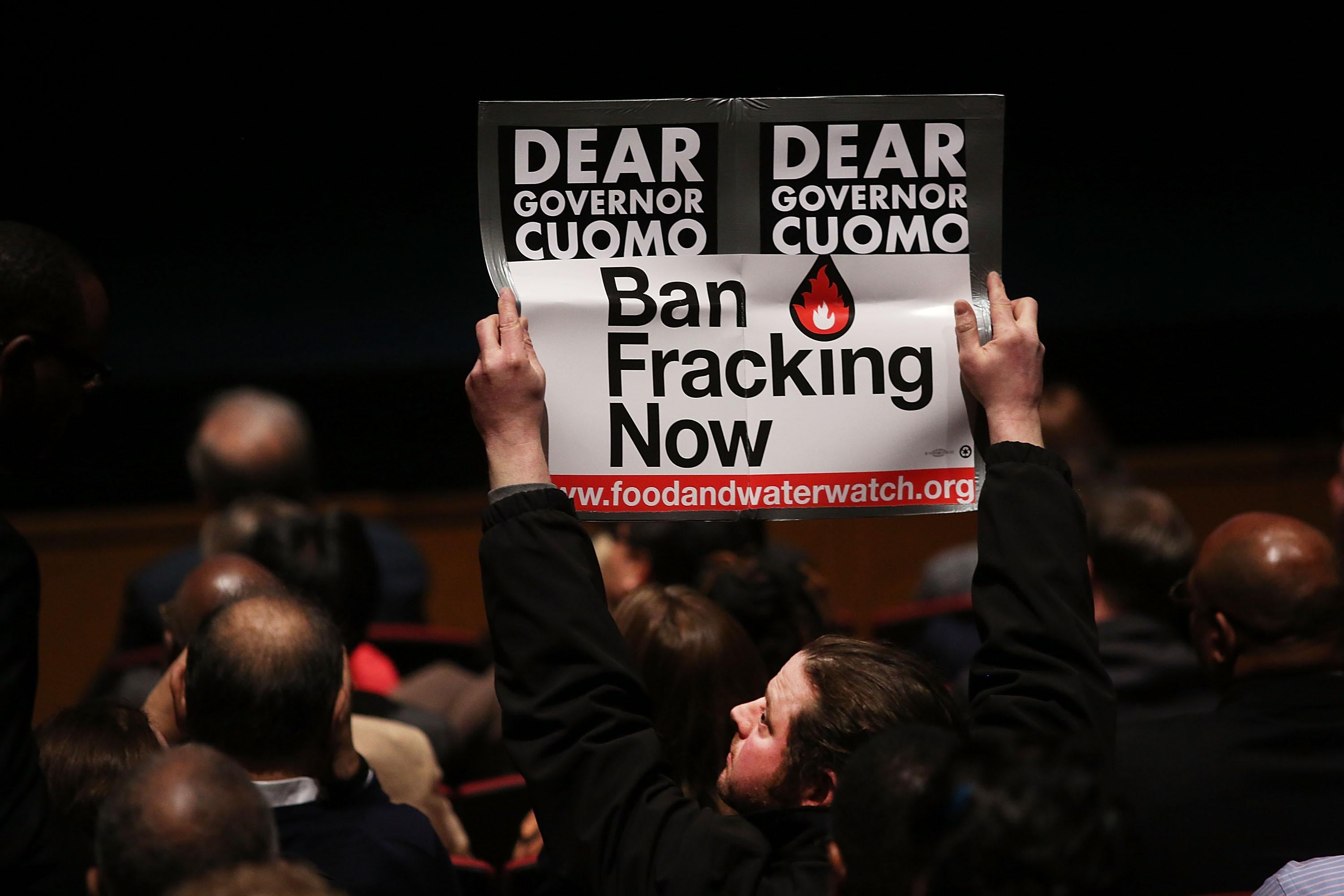Last summer, the Republican-run state legislature of North Carolina won a vote to legalize hydraulic fracturing (“fracking,” of course) in the state, and they won it by accident. Democratic Gov. Bev Perdue had vetoed the bill; legislators needed a supermajority to override the veto. John Murawksi described what happened next:
Rep. Becky Carney, a Democrat from Mecklenburg County who opposes fracking, pushed the wrong button and accidentally voted with Republicans to override the veto. A maneuver by Wake County Republican Paul “Skip” Stam prevented her from changing her vote, giving the GOP a historic one-vote margin of victory.
“It was a huge mistake,” Carney said afterward. “I take full responsibility.”
Fast forward through the 2012 election, which Republicans easily won (after gerrymandering the state to elect as few Democrats as possible). Another headline-friendly energy bill comes up: A vote on whether to end the state’s renewables program. Republican Rep. Mike Hager pushed it, and it lost by 5 votes, because the effort to tie every single green program to Solyndra has its limits. The solution?
Over the objections of Democratic lawmakers, a Senate committee approved legislation Wednesday to end the state’s 6-year-old renewable energy program.
Opponents of the bill shouted “No!” when voting to show their frustration at Republican chairman Bill Rabon’s refusal to count votes with a show of hands. In what was clearly a razor-thin margin, both sides said they would have won if the votes had been counted.
Washington spends a lot of time discussing why and when Barack Obama’s presidency will fall into disrepair. The consensus is that he’s not enough “like LBJ,” which skips glibly past the fact that the 60-vote filibuster hadn’t been around in LBJ’s time, and that he passed most of his legislation in the wake of the JFK assassination and from 1965-1966, when he had a progressive supermajority. How much more could get passed if Washington learned from Raleigh?
